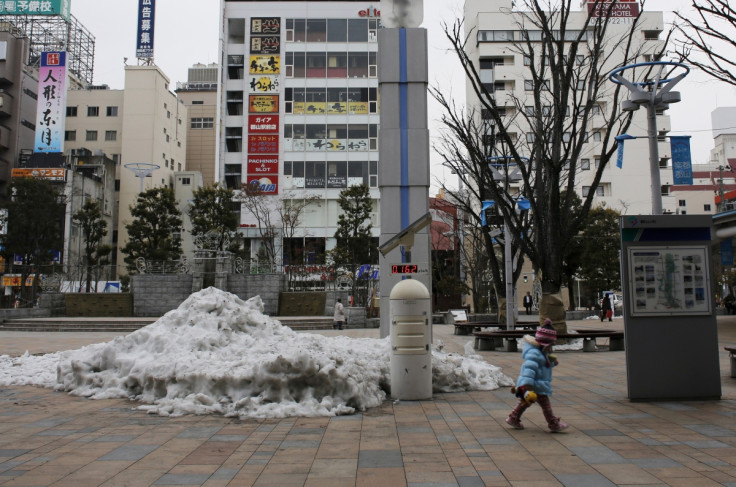Japan: Nuclear Power Restart on the Horizon

Japan is a step closer to restarting its suspended nuclear power operations after reactors at the Sendai plant became the first to meet new safety standards.
All of Japan's nuclear reactors were gradually shut down over the course of a year as part of the safety drive imposed after the March 2011 tsunami triggered a meltdown at the Fukushima plant. The closures left the country with no nuclear-derived electricity for the first time since 1970.
But Sendai nuclear plant in Kagoshima Prefecture will likely be the first among the nation's 48 idled commercial power plants to be returned to service, after getting the seal of approval from the Nuclear Regulation Authority (NRA) on Wednesday.
The restart, creeping ever closer, is sparking widespread protests from anti-nuclear groups who warn there are still "major flaws" with evacuation plans at the Sendai plant.
The Citizens' Commission on Nuclear Energy, a Tokyo-based anti-nuclear group, said in a statement: "A major flaw is that there is no specific plan to evacuate people who are deeply dependent on others, such as the elderly, those in the hospital or at care facilities or where to take them."
Other anti-nuclear groups also faulted the NRA for failing to evaluate the impact of potential volcanic activity on the two Sendai reactors. According to Kyushu Electric Power Co., that operates the plant in Kagoshima Prefecture, there are 39 volcanos within a 160km radius of the Sendai plant. Activists say a huge eruption could spell disaster.
It is still unclear exactly when the utility will return to service and 17 others at different plants nationwide are still being evaluated or waiting to be examined.
© Copyright IBTimes 2025. All rights reserved.





















